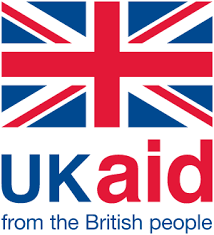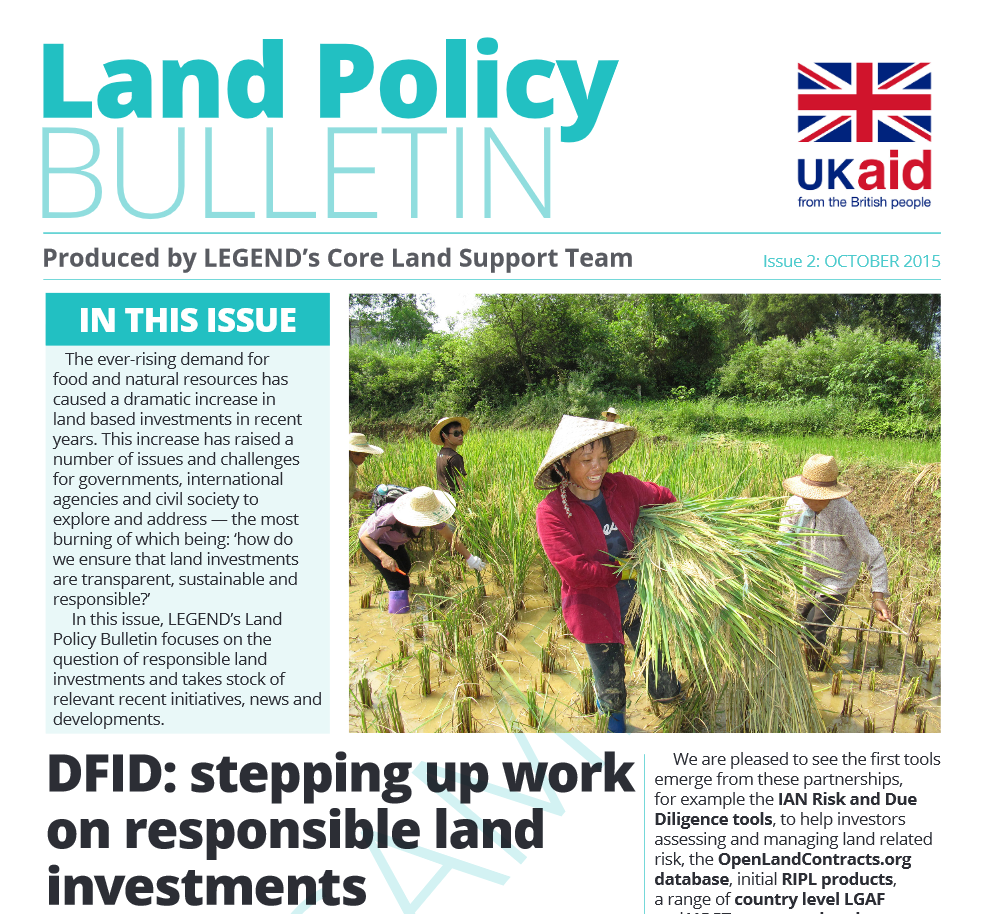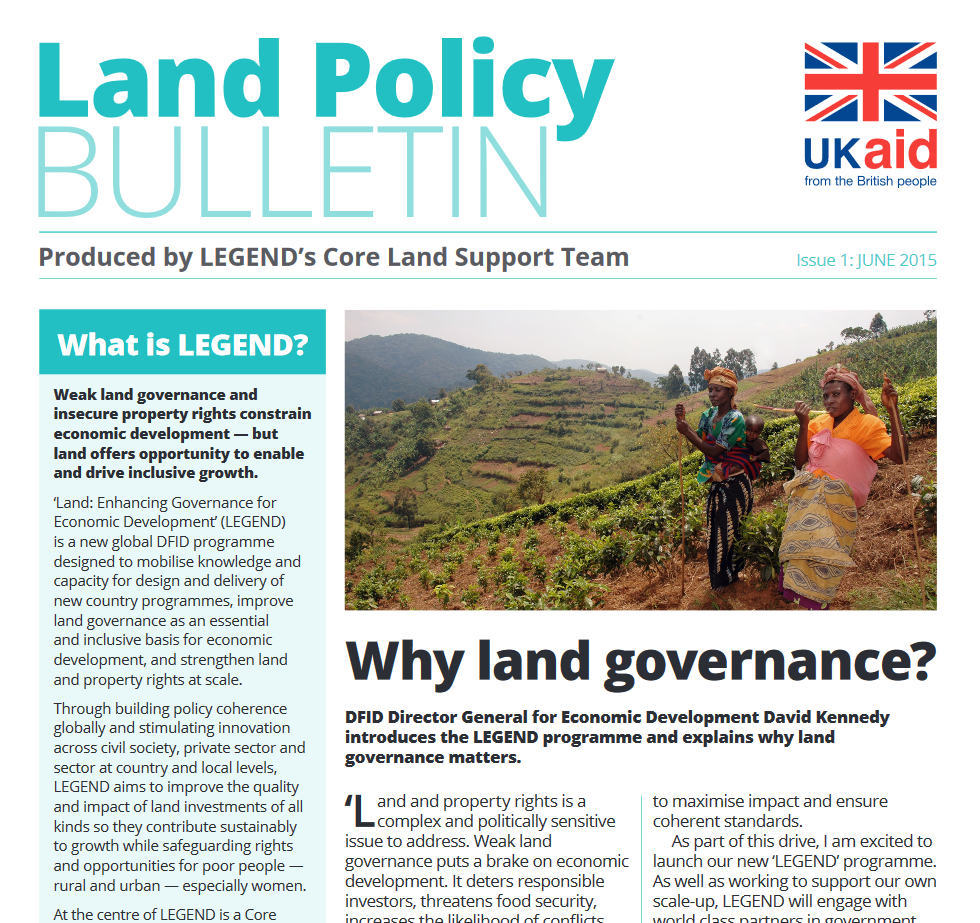Location
The Foreign, Commonwealth and Development Office (FCDO) pursuseds national interests and project the UK as a force for good in the world. We promote the interests of British citizens, safeguard the UK’s security, defend our values, reduce poverty and tackle global challenges with our international partners.
Members:
Resources
Displaying 121 - 125 of 228Research gaps on land tenure policy in Ethiopia
This research aims to identify existing research gaps on Ethiopian land policy issues for future research to be commissioned..This resource was published in the frame of the Land Investment for Transformation (LIFT) Programme. For more information;please check: https://landportal.org/community/projects/land-investment-transformation...
Market assessment for Tigray and SNNPR
This market assessment;undertaken in 2015;reviews the constraints faced by smallholder farmers in three sectors (rural land rental;access to finance and agriculture) that limit the positive impact of second level land certification in Tigray and the Southern Nations;Nationalities;and Peoples Region (SNNPR). Furthermore;the assessment provides a list of feasible interventions to catalyse the economic impact of increased tenure security..This resource was published in the frame of the Land Investment for Transformation (LIFT) Programme.
LEGEND Land Policy Bulletin 2
The ever-rising demand for food and natural resources has caused a dramatic increase in land based investments in recent years. This increase has raised a number of issues and challenges for governments, international agencies and civil society to explore and address — the most burning of which being: ‘how do we ensure that land investments are transparent, sustainable and responsible?’
Land tenure and property rights: rapid evidence assessment
Population growth, globalisation and climate change have all increased pressures on land. Combined with a growing demand for land for investment in developing countries, this poses a risk to land tenure security, particularly in areas where formal property rights are in short supply.
This rapid evidence assessment seeks to address the question of which policies and interventions or approaches have been successful in fostering compliance with legitimate land tenure rights and what impact these strategies have had on development outcomes.
LEGEND Land Policy Bulletin 1
DFID is delighted to launch the first Land Policy Bulletin, which introduces a new land and responsible investment programme - Land: Enhancing Governance for Economic Development (LEGEND).





